Fellow Friday | American History
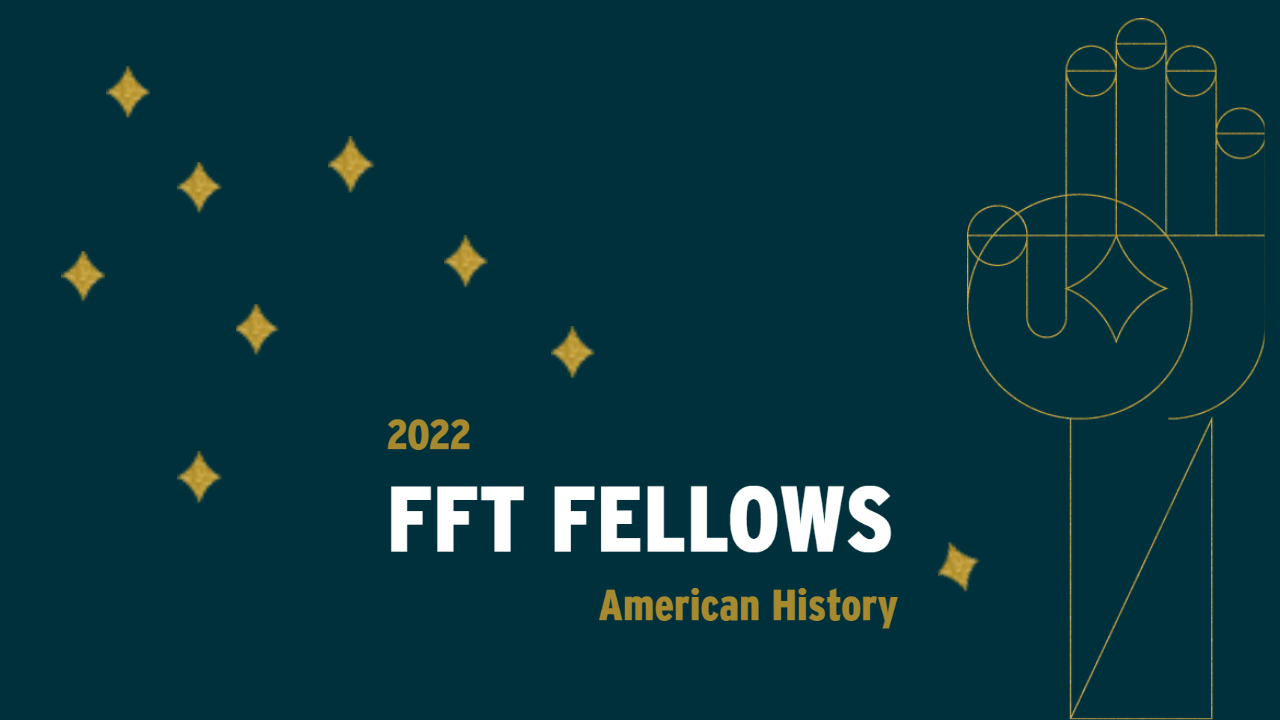
To introduce you to our newest grant recipients, we’ve started Fellow Friday. Last week, we highlighted seven teachers who designed and are pursuing fellowships around music education. For this holiday weekend, we profile multiple teachers who dedicated their fellowships to various aspects our America’s history, including our fight for independence, Westward Expansion, our military in Vietnam and Cambodia and slavery.
Click here for a complete list of grant recipients.
[minti_divider style=”3″ icon=”” margin=”20px 0px 20px 0px”]

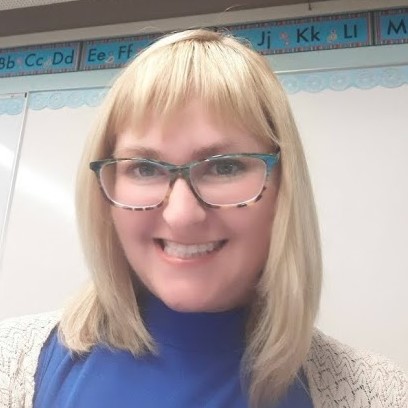 Cristina Bettesworth & Anna Villegas | Highland Elementary School – Reedsport, OR
Cristina Bettesworth & Anna Villegas | Highland Elementary School – Reedsport, OR
Document prominent sties relevant in US History from the 1600s-1800s, particularly the westward expansion, Oregon Trail and gold rush, to develop a working knowledge and database of resources that engage third graders with a high level of adverse childhood experiences.
“Rich, historical content was never a focus in teacher preparatory classes, where reading and math is generally the focus. Another huge roadblock for us in the classroom is the lack of access to materials to teach history in a meaningful way. We currently do not have any history curriculum and have to pull from a variety of resources to present any history to our students. Our learning goal is to educate ourselves better in US history so that we are able to convey the importance of topics to students”
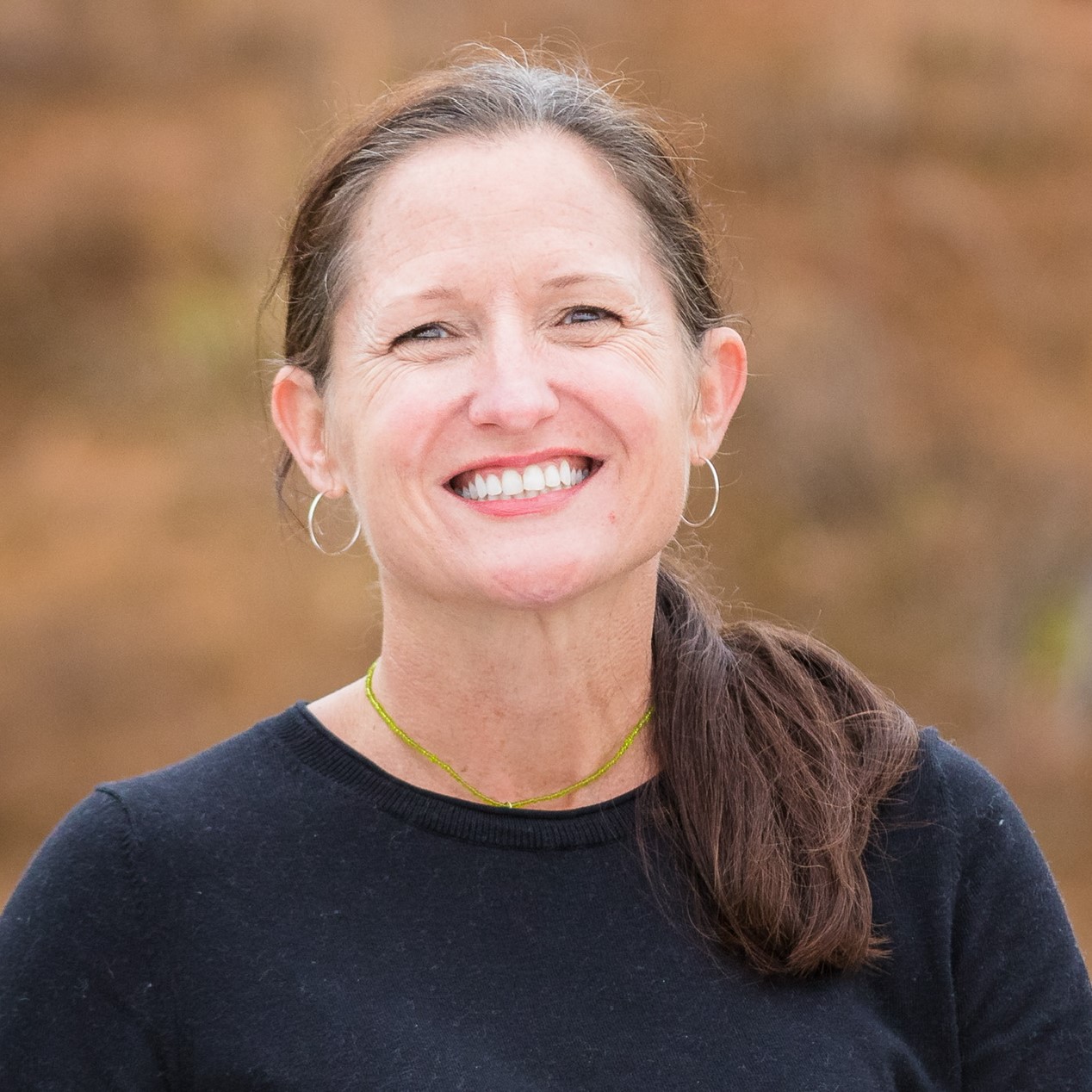 Tracy Dunn | Franklin School of Innovation – Ashville, NC
Tracy Dunn | Franklin School of Innovation – Ashville, NC
Survey with a questionnaire adapted from the Library of Congress’ Veterans History Project eyewitnesses to American military actions in southeast Asia between 1965 and 1975 to develop resources that teach the consequences of America’s military presence and actions for civilians in conflict zones.
“While American educators have the resources to teach the causes and consequences of our military presence and military actions for Americans, we do not have the resources to teach the consequences of our military presence and actions for civilians in conflict zones. My meaningful examination of civilian eyewitness accounts of American military actions will fulfill and expand upon state standards and provide the full history that American educators need.”
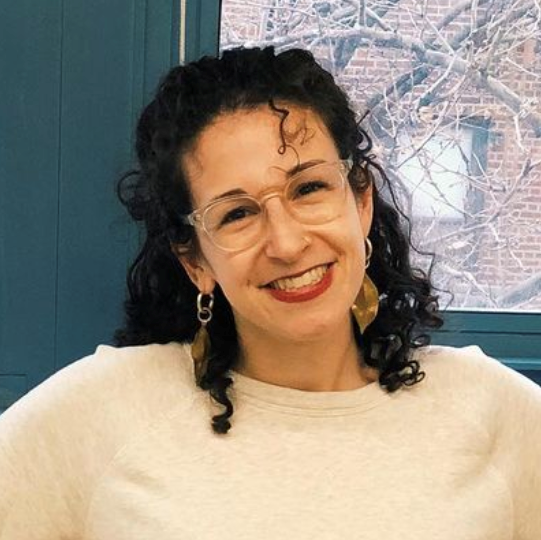 Shira Engel | Elm City Montessori School – New Haven, CT
Shira Engel | Elm City Montessori School – New Haven, CT
Conduct on-the-ground research in Washington, D.C. and attend the Bard College Institute for Writing and Thinking’s “Thinking Historically Through Writing” to create two primary documents-based American History units that integrate history, reading and writing into a Humanities experience for Montessori students.
“My first learning goal is to learn about the history of the United States in ways that, to use Howard Zinn’s words, “emphasize the role of working people, women, people of color, and organized social movements in shaping history” through touring key historical sites in the nation’s capital. My second learning goal is to use my research to develop two American history units that use primary sources as key materials of study: one on the founding of the United States and another on American social movements.”
 Hannah Jones, Bethany Seal & Heather Serpas | West Harrison High School – Gulfport, MS
Hannah Jones, Bethany Seal & Heather Serpas | West Harrison High School – Gulfport, MS
Contextualize American history from Washington, D.C. to Boston, MA, to create a new unit celebrating and reflecting the diversity of our students and bring to life literary texts used in the classroom.
“Our goal is to spark student knowledge a d curiosity by contextualizing historic & literary pieces with stories we’ll tell, pictures we’ll show and videos we’ll create from our experiences — and by adding a new unit where authors and texts more closely reflect the diverse students sitting in our classrooms, ultimately leading to a student driven research project.”
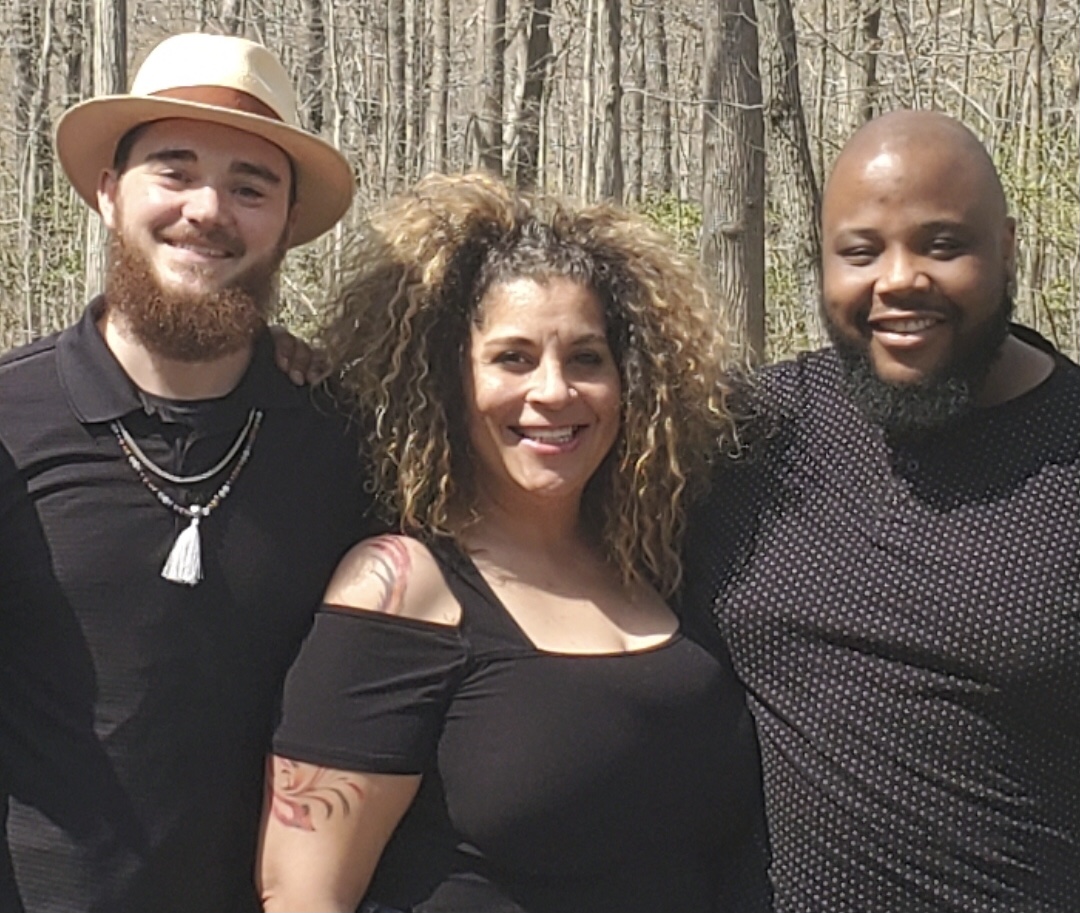 Ray Walters & Kurt Zimmerman | Highville Charter School – New Haven, CT
Ray Walters & Kurt Zimmerman | Highville Charter School – New Haven, CT
Garret Griffin | East Rock Community Magnet School – New Haven, CT
Experience UNESCO sites associated with the enslavement of people in Connecticut, Louisiana, as well as related museums in Massachusetts and Washington D.C. to facilitate culturally-relevant and emotionally-thoughtful classroom conversations about the Trans Atlantic Slave Trade.
“In our practice as teachers, we have found that when the topic of slavery is brought up, the majority of the children, who happen to be children of color, frequently respond with frustration, dismissive embarrassment, laughter and/or silence. Addressing the embarrassment and shame encountered during conversations around slavery is critical for building our capacity to provide effective classroom instruction that instills cultural pride. Additionally, it improves our ability to facilitate dynamic classroom discussions that provide a voice of pride for African American children and other children of color.”
“Now more than ever, it is imperative that we invest in the most important component of any classroom — the teacher,” said Karen Eckhoff, Executive Director of FFT. “Educators are facing countless challenges every day, and Fund for Teachers is dedicated to further diversifying the ways that we can support them. Our grants represent trust in teachers’ professionalism, creativity, and vision, offering flexibility to meet the unique needs of each classroom, with the students remaining the ultimate beneficiaries as they continue to grow and learn in today’s ever-changing world.”
We look forward to introducing you to more 2022 FFT Fellows next Friday!
 Back to Blogs
Back to Blogs